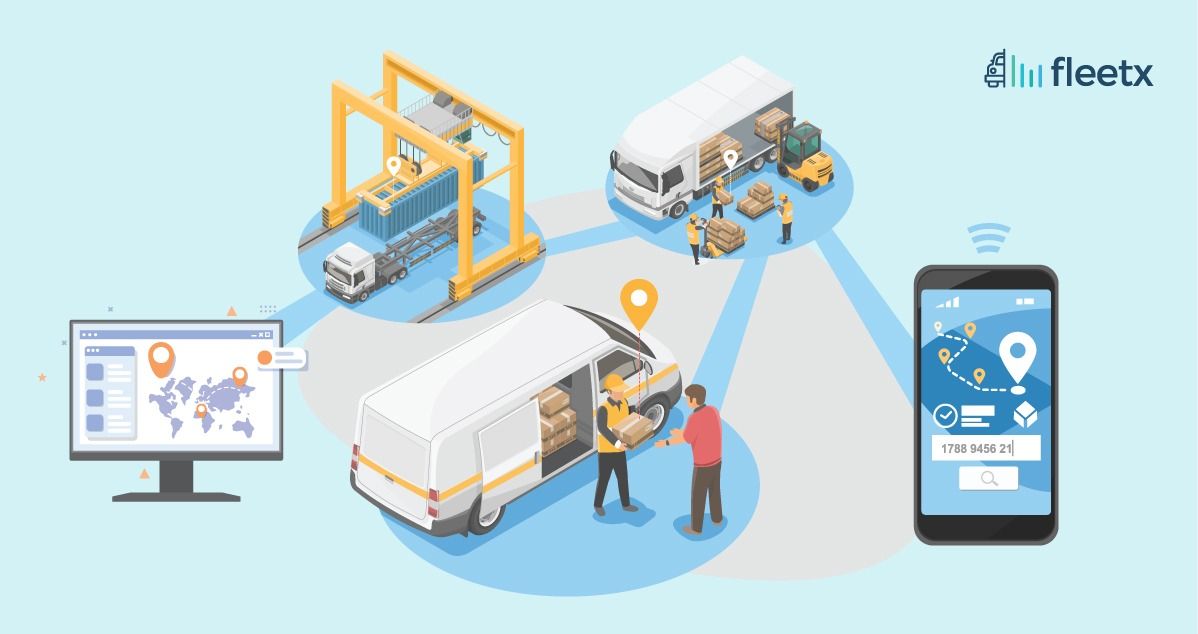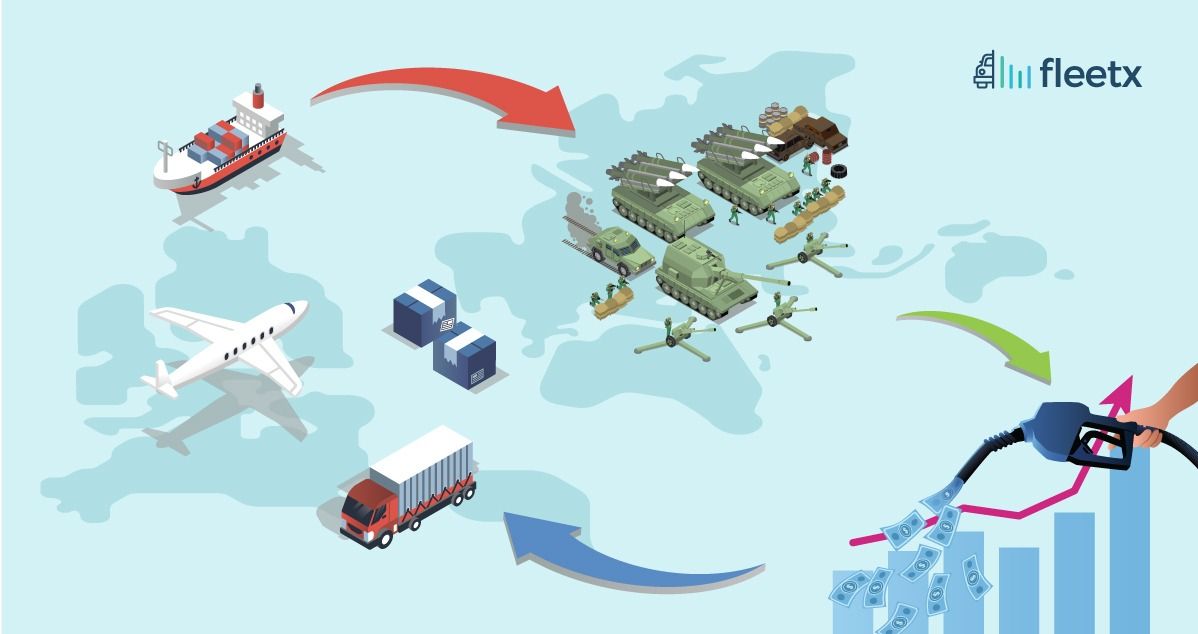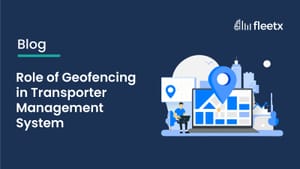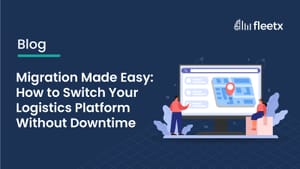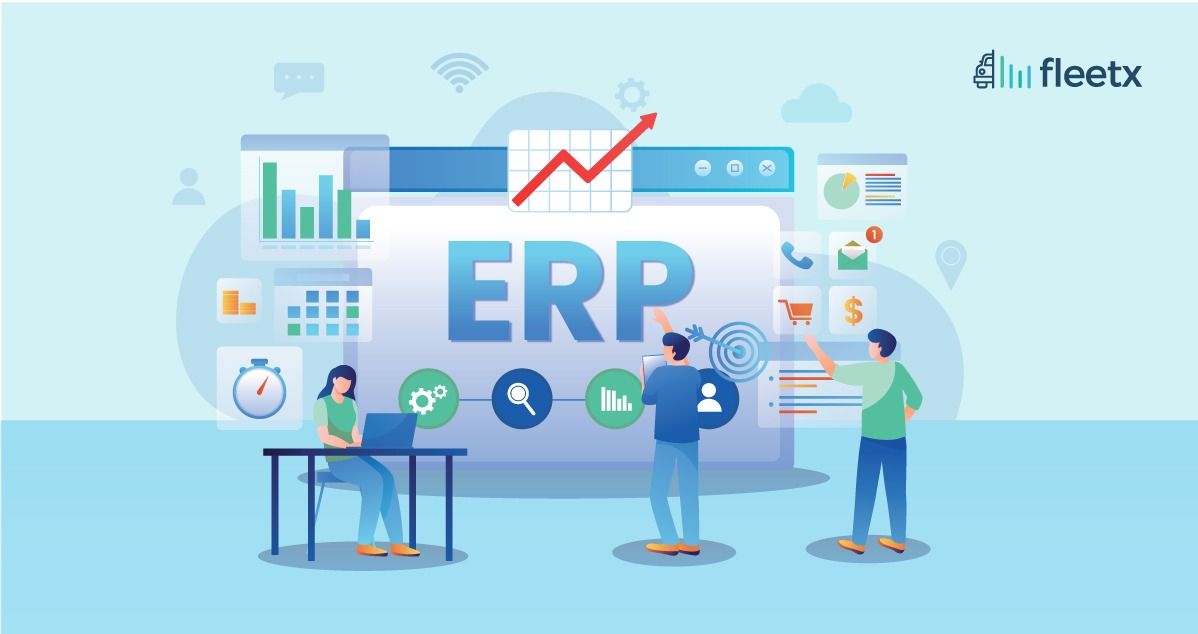
The transportation industry needs to keep track of its assets, such as vehicles, and manage tasks such as scheduling maintenance, handling bookings and payments, and allocating resources. However, manual record-keeping can create problems during auditing and rectification. To solve these issues, the transportation industry can benefit itself from using enterprise resource planning (ERP) software. ERP software provides a centralized platform that integrates with third-party solutions, allowing for a complete view of business processes.
Traditional management systems, such as manual record-keeping, are not superior to Transporter ERP systems for several reasons. Modern ERP systems offer new functionalities, such as vendor portals, product-specific views, and a single view of the supply chain. These systems enable sales order entry, shipment, and invoicing, as well as purchase order entries and more.
We all understand that traditional systems are prone to errors and inaccuracies. When records are maintained manually, it is easy to misplace or lose important data. Moreover, manual record-keeping can lead to inconsistencies and errors in data entry, which can cause problems when it comes to auditing and rectification.
Secondly ,traditional management systems are not as efficient as ERP systems. As manual processes are time-consuming and require more resources, resulting in increased costs and reduced productivity. But with Transporter ERP systems, all business processes can be streamlined and optimized, enabling businesses to manage their resources and meet customer demands efficiently. Additionally traditional systems are not flexible or adaptable as ERP systems. When businesses rely on manual record-keeping, they are limited in terms of scalability and the ability to integrate with other business tools. ERP systems, on the other hand, can integrate with third-party solutions, providing a 360-degree view of all key business processes and enabling businesses to adapt to changing market needs.
Lastly, traditional systems do not provide the same level of visibility and insight into business operations as Transporter ERP systems. With this software, businesses can generate reports and analytics to gain insights into key performance metrics, enabling them to make data-driven decisions and optimize their operations for better outcomes.
It is justifiable to say that by using Transporter ERP software, transport businesses can manage essential functions, such as meeting customer requirements, optimizing transportation, logistics management, and maximizing efficiency, profitability, and customer loyalty.
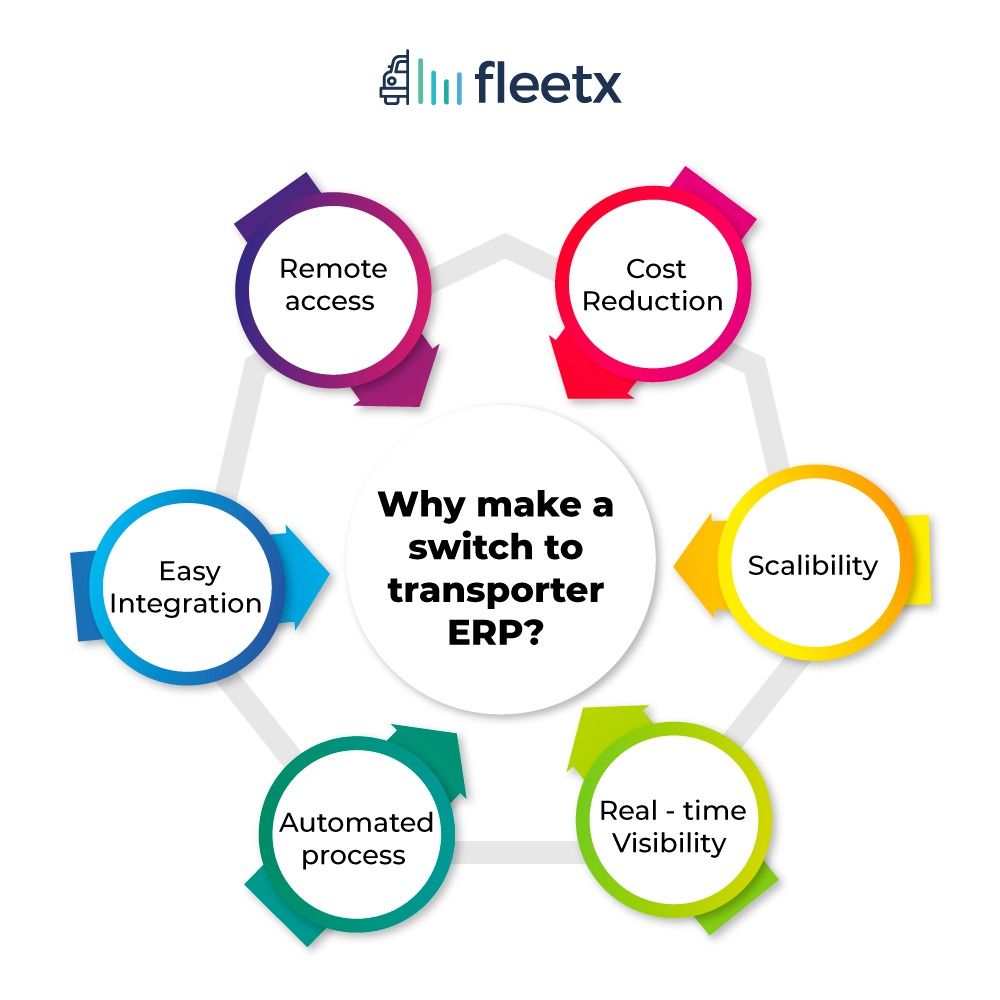
Here are some reasons why you should consider making the switch to Transporter ERP:
Cost Reduction: Traditional transportation systems often require significant investments in hardware, labor force, time, and IT staff. With Transporter ERP, there are no upfront costs or hardware requirements, and updates and maintenance are included in the subscription fee, it also cuts labor cost and saves time. This can result in significant cost savings for businesses.
Scalability: Transporter ERP can scale to meet the needs of any size of business easily, from small startups to large enterprises. Once a database has been set it can save up time and scale at any level of work, data or business. On the other hand, traditional transport systems may have limitations on the number of users, transactions, or other variables that can hinder growth.
Real-time visibility: Transporter ERP offers real-time visibility into transportation operations, it allows access to any specific data, calculated data at any moment, which helps allowing businesses to track shipments and inventory in real-time. Traditional was may offer limited visibility, with updates taking hours or even days to be reflected in the system.
Automated Process: Transporter ERP automates many manual tasks such as route planning, dispatching, and invoice management at one place which helps in reducing errors and freeing up staff to focus on other areas of the business. Conventional systems require significant manual effort , time, cost to perform these tasks, leading to inefficiencies and errors.
Easy Integration: Transporter ERP can integrate with other business systems, such as accounting software, warehouse management systems, and e-commerce platforms, allowing for seamless data transfer, reducing data transfer time and reducing the need for manual data entry.
Remote Access: Transporter ERP offers mobile access, allowing staff to manage transportation operations and data from anywhere, at any time whereas conventional systems required staff to be physically present in the office to access the system and get the data.
To Conclude
To summarize, traditional transportation systems are no longer adequate to suit the needs of modern businesses. Traditional transportation management systems' manual and time-consuming operations can lead to errors, delays, and excessive operational expenses. This is where Transporter ERP automation comes into play. Businesses can optimize their transportation procedures, cut expenses, and enhance overall efficiency by utilizing Transporter ERP.
A variety of features and advantages provided by Transporter ERP can significantly alter the costs and operations of any business. Businesses may gain a better knowledge of their transportation operations and make data-driven choices with the help of real-time tracking and analytics. Additionally, Transporter ERP allows automation of crucial procedures like order processing, route planning, and inventory management, which can eliminate errors, speed up delivery, and increase customer satisfaction. In conclusion, the incorporation of Transporter ERP can aid companies in maintaining their competitiveness in the quick-paced and always shifting business world of today.

